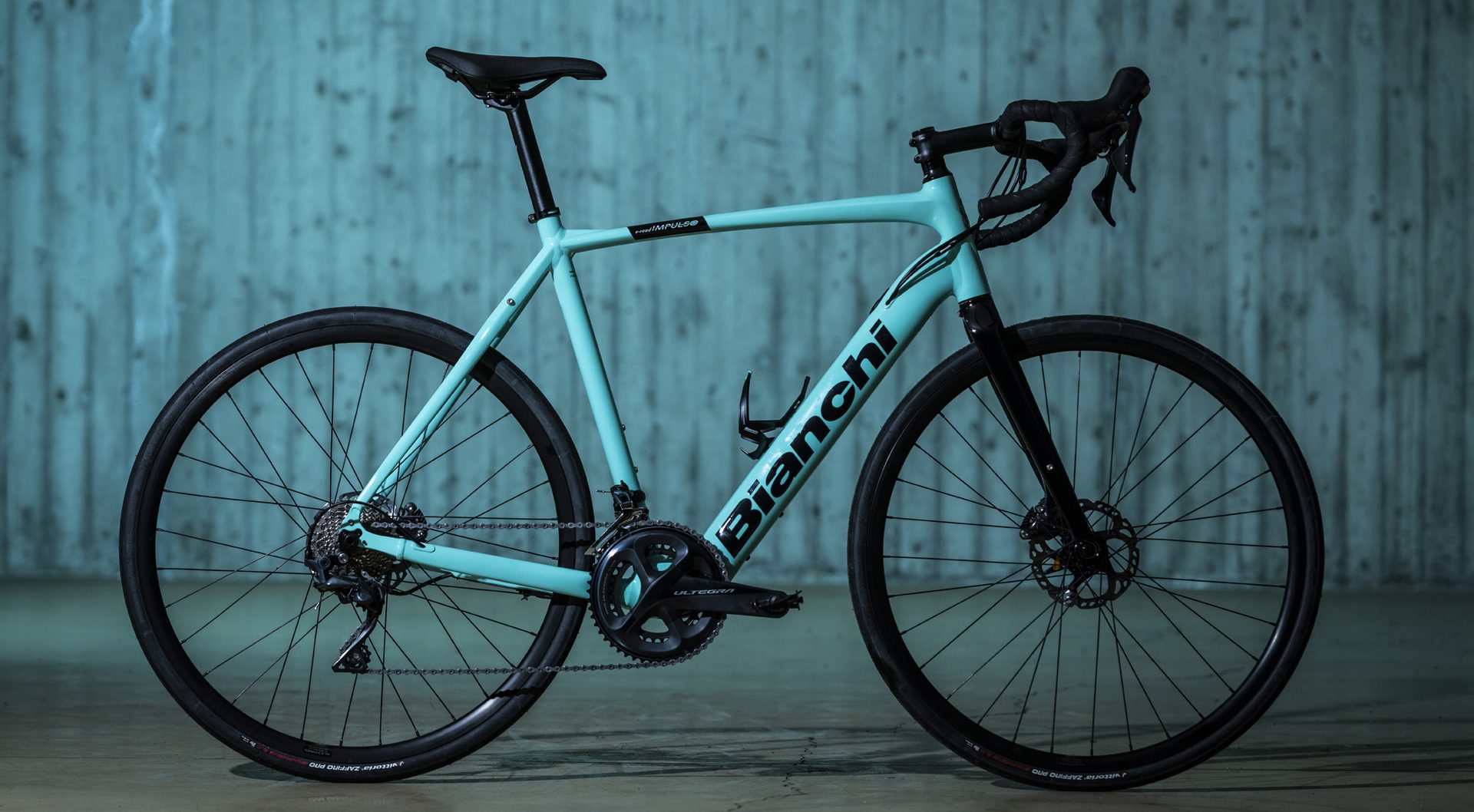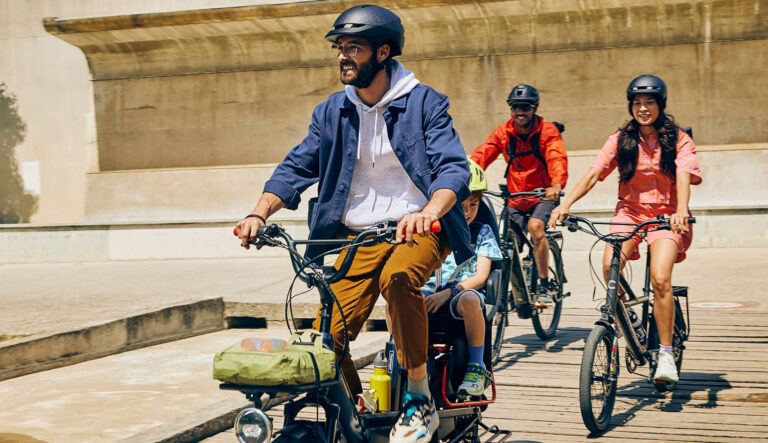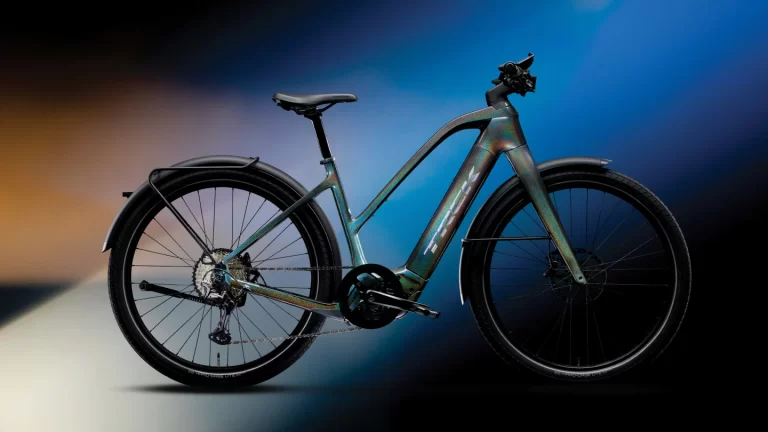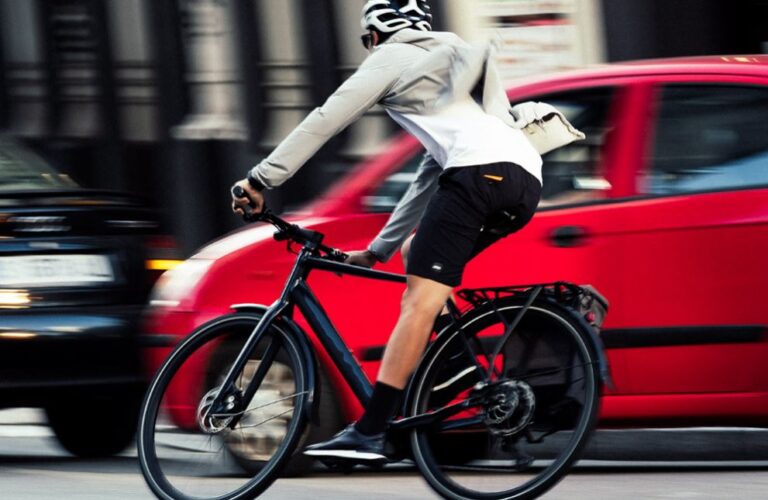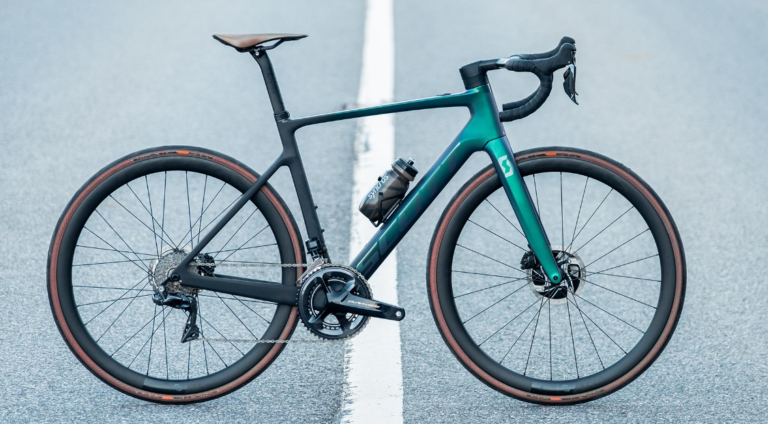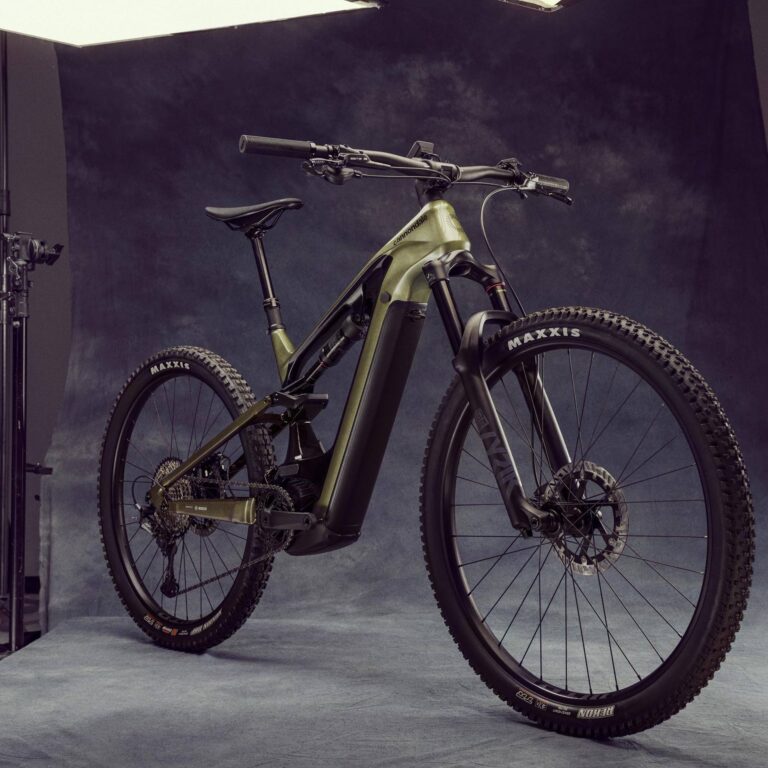The Right Foundation: Choosing Frame Materials for Gravel E-Bikes
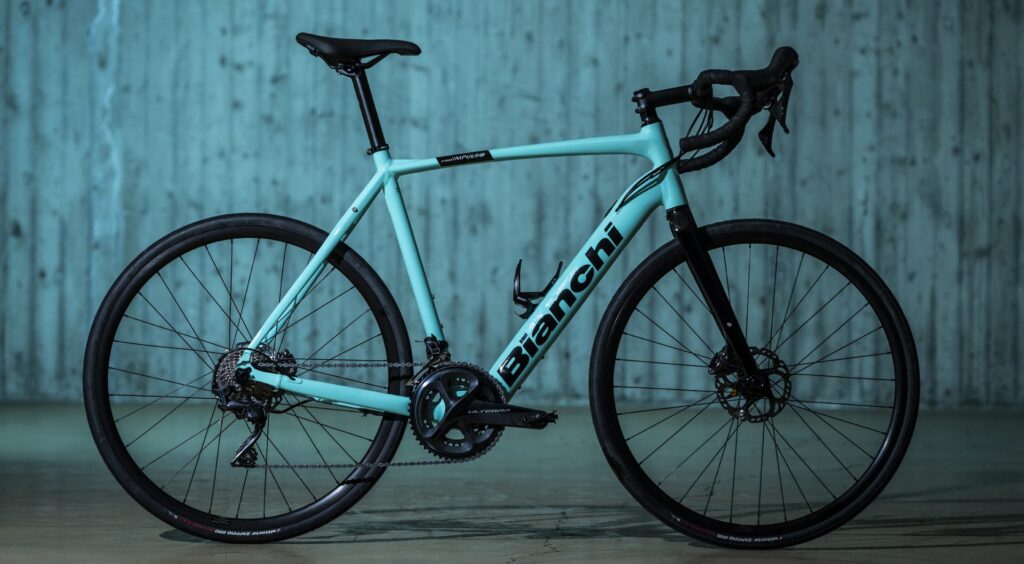
Key Point Summary of Choosing Frame Materials for Gravel E-Bikes:
- Material Choices: When it comes to gravel e-bikes, the primary frame materials are carbon and aluminum, each offering distinct advantages.
- Carbon Frames: Known for their lightness and vibration damping, carbon frames deliver comfort and performance but at a higher cost.
- Aluminum Frames: Aluminum stands out for its combination of durability, affordability, and performance, making it a versatile choice for many riders.
- Durability Concerns: With the added weight and power of an e-bike, choosing a frame that can withstand the extra stress is crucial.
In the evolving landscape of gravel cycling, the emergence of gravel e-bikes has opened up new horizons for riders of all levels. As a masters cyclist with a rich background in mountain biking, cyclocross, and traditional gravel riding, I’ve witnessed firsthand the transformative impact of e-bikes on our beloved sport.
Choosing the right frame material for your gravel e-bike is not just a matter of preference; it’s a decision that affects durability, ride quality, and overall enjoyment. This article aims to guide beginner and mid-level cyclists through the nuances of frame materials, focusing on the two heavyweights: carbon and aluminum.
Carbon vs. Aluminum: The Heart of the Matter
The choice between carbon and aluminum frames for gravel e-bikes is akin to selecting the foundation for your cycling adventures. Both materials have their champions and detractors, and understanding their properties is key to making an informed decision.
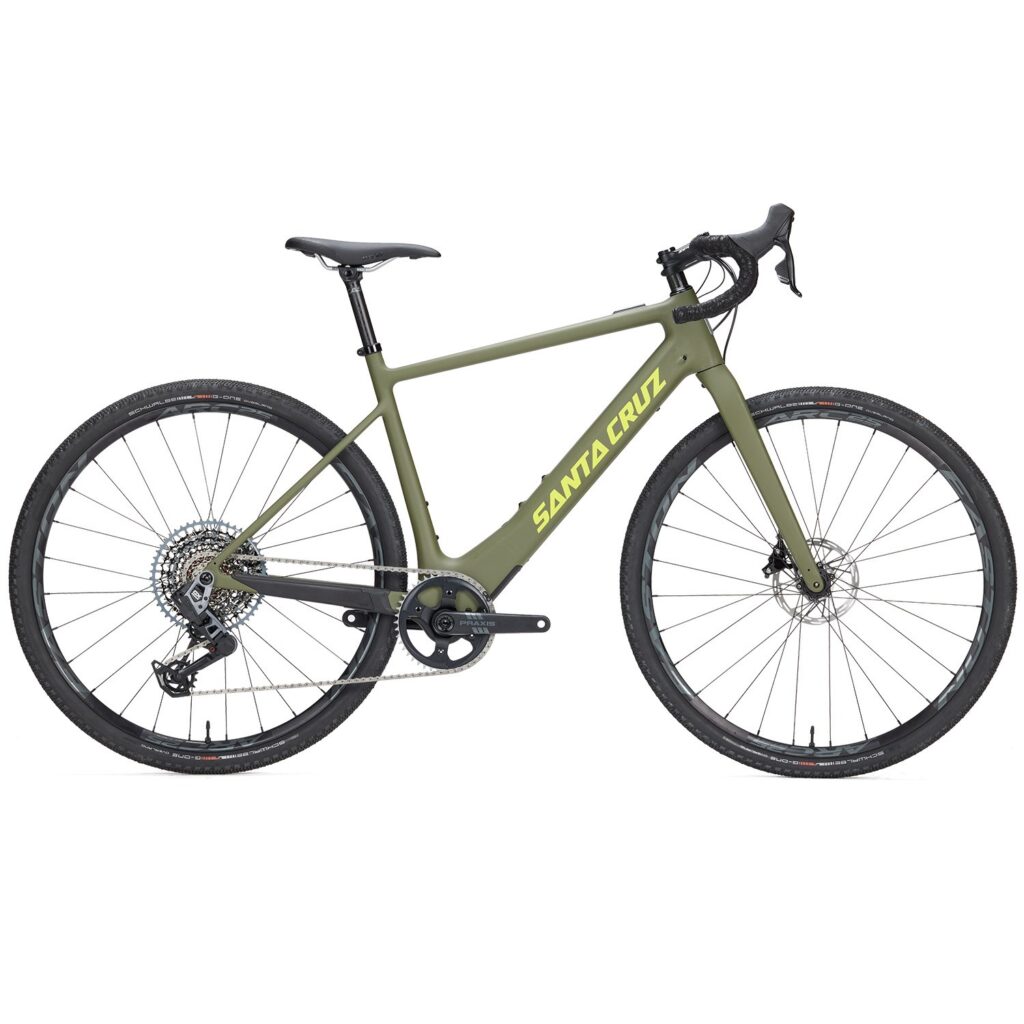
Carbon: The Performance Maestro
Carbon fiber frames are revered in the cycling world for their ability to combine lightweight construction with significant strength. One of the most appealing aspects of carbon is its vibration-damping qualities, which contribute to a smoother ride over the often unpredictable terrain of gravel paths. This can be particularly beneficial on longer rides, where fatigue reduction is crucial.
However, carbon’s Achilles’ heel is its cost and, to some extent, its durability. While carbon frames are designed to withstand considerable force, they can be susceptible to damage from sharp impacts, a relevant consideration on gravel trails littered with debris.
Aluminum: The Stalwart Companion
Aluminum frames have long been the workhorse of the cycling industry, offering a robust and cost-effective alternative to carbon. Modern aluminum alloys and manufacturing techniques have narrowed the performance gap, allowing for lighter, more comfortable rides than ever before. Aluminum’s inherent stiffness, combined with advancements in frame design, can translate to efficient power transfer, a boon for the electric assist of gravel e-bikes.
The trade-off with aluminum comes in the form of a harsher ride compared to carbon, due to its lower vibration absorption. However, this can often be mitigated with the right choice of tires and suspension elements, making aluminum a compelling choice for many.
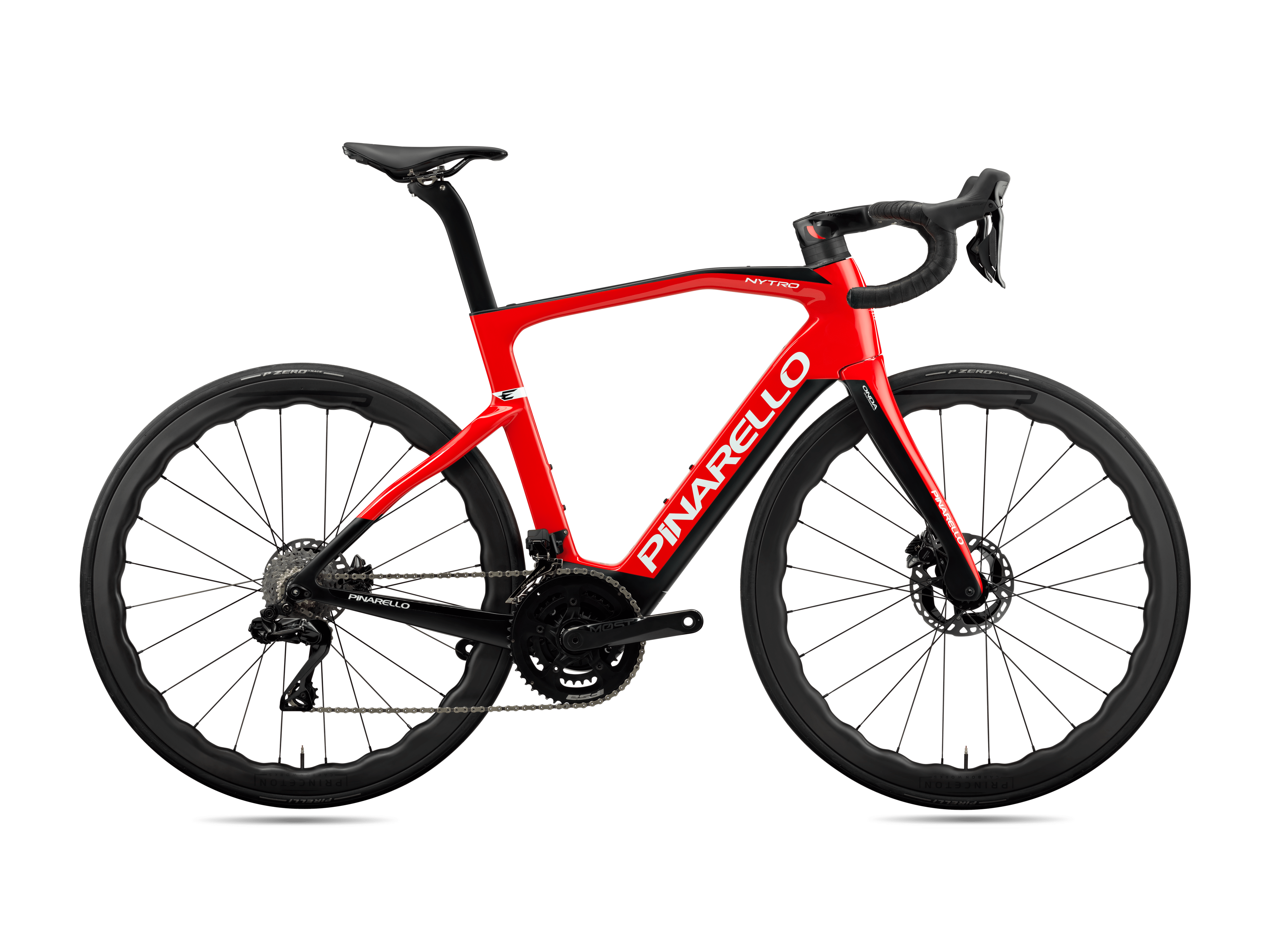
Durability in the E-Bike Era
When evaluating frame materials for gravel e-bikes, durability takes on a new level of importance. The additional weight and power of an e-bike system put extra stress on the frame, highlighting the need for a material that can endure the rigors of enhanced gravel riding. Both carbon and aluminum have proven track records in this area, but the choice often boils down to the specific design and engineering of the bike, as well as the rider’s personal preference and budget.
Making Your Selection
Choosing between a carbon or aluminum frame for your gravel e-bike involves weighing several factors:
- Budget: Aluminum frames generally offer a more affordable entry point into the gravel e-bike world.
- Ride Quality: If comfort and reducing fatigue are your top priorities, the vibration-damping properties of carbon might sway your decision.
- Durability and Maintenance: Consider where and how you’ll be riding. If you anticipate a lot of rough terrain or are concerned about the potential for frame damage, the robustness and ease of repair of aluminum could be deciding factors.
- Weight: While e-bikes inherently weigh more due to their electrical components, the lighter frame of a carbon e-bike can contribute to a more nimble feel and easier handling when the motor is off.
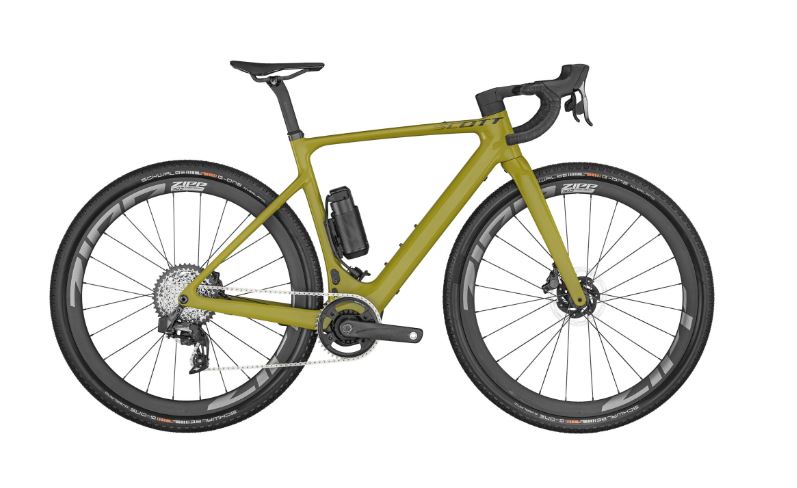
Wrapping Up
The journey through gravel e-bike frame materials is as much about personal preference as it is about technological considerations. Whether you’re drawn to the lightweight, comfort-oriented ride of a carbon frame or the durability and value proposition of an aluminum frame, the most important factor is how your bike feels beneath you. As the gravel paths beckon and the promise of adventure calls, the right frame material will serve as the foundation for countless miles of exploration and enjoyment. Choose wisely, and let the journey begin.
A few models stand out for their exceptional quality, innovative features, and positive rider feedback. Here are some top contenders in the gravel e-bike category:
- Specialized Turbo Creo SL Expert EVO: This bike brings together the lightweight performance of Specialized’s SL 1.1 motor with the versatility of gravel riding. It’s known for its impressive range, carbon frame that offers a smooth ride, and responsive handling on varied terrain.
- Cannondale Topstone Neo Carbon: With its Kingpin suspension system and Bosch Performance Line CX 250W motor, the Topstone Neo Carbon is a powerhouse on off-road trails, providing both comfort and significant pedal-assist power.
- Trek Checkpoint SL eTap: Trek’s entry into the gravel e-bike market features a lightweight carbon frame, reliable SRAM wireless electronic shifting, and a Bosch motor system. It’s designed for both long-distance comfort and off-road performance.
Each of these bikes represents the pinnacle of current gravel e-bike design, marrying the need for durability, power assistance, and handling characteristics essential for gravel riding. Remember, the best bike for you will depend on your specific needs, riding style, and budget. Always consider test-riding several models to find the perfect fit for your gravel adventures.
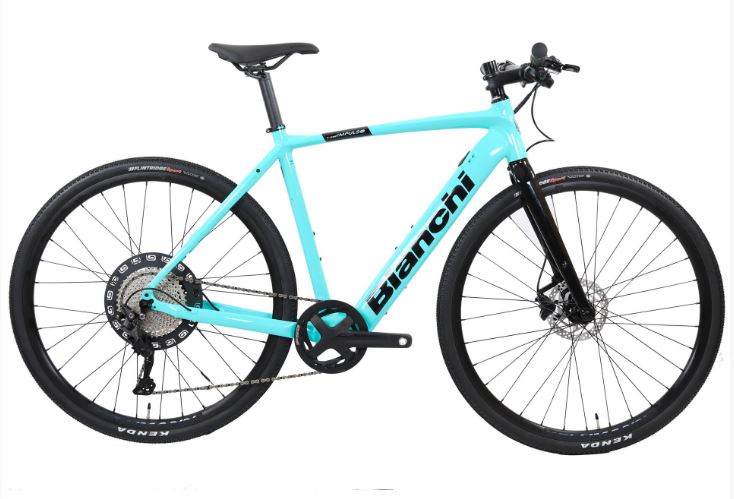
FAQ
What is the best frame for an e bike?
The best frame for an e-bike generally combines durability, weight considerations, and integration capabilities for electrical components. Aluminum frames are popular for their balance of strength, cost-effectiveness, and the ability to support the additional weight and stress of an e-bike system.
They also offer excellent heat dissipation for electronic parts. However, carbon fiber frames are favored for high-end e-bikes due to their lightweight and vibration-damping qualities, providing a smoother ride but at a higher cost. The choice between aluminum and carbon fiber depends on your budget, riding style, and performance preferences.
Happy Safe Riding!
John
